Obtaining information about the product of interest occurs in the fastest and most natural way — through scanning its barcode. We know that the code of each product is unique and with its help you can uniquely identify what you have in your hands. We just point the camera of our iPhone at the barcode, and in a moment we get all the information we are interested in from those who have already dealt with it.

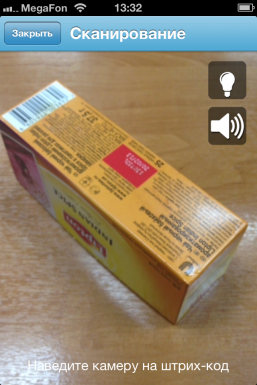
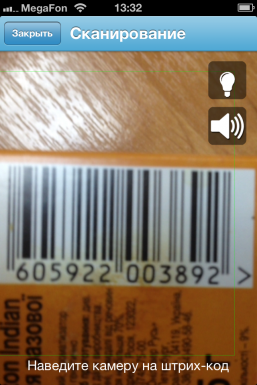
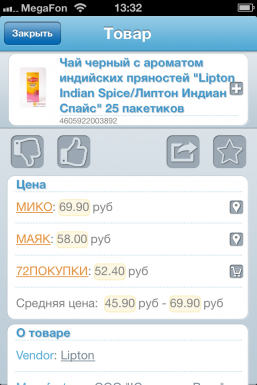
Each user leaves his personal experience of interacting with the product in the form of comments, on the basis of which other users can decide whether to purchase or refuse to purchase the selected product. Personal personal experience, of course, is quite subjective, but at the same time it is not distorted by the marketing tricks of the manufacturer and seller.

I bought -> I tried -> I found something bad and something good in the product -> I told about the comment and put a like/dislike. Thus, if you scan a brand-new Android tablet and see that out of 10 people who have commented, 8 complain about the rapid "aging" of the case and the backlash of the back cover, then there is a high probability that such flaws really take place.
And so, based on thousands and thousands of opinions of real buyers, the Kauri database is filled with practical human experience from communicating with thousands of diverse products: from toothpicks to heavy-duty laptops.
Each user is also a content manager of the application's knowledge base, that is, he adds his own photos and attributes to the products.
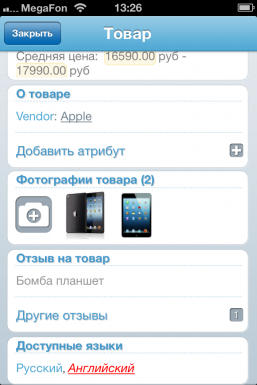
Interaction with the application is also possible if there is no way to scan the barcode: the database is also searched through ordinary text queries. At the same time, any product found both through the code and through the search can be added to the favorites list and share a link to it to your friends and acquaintances through popular social services, iMessage and email.
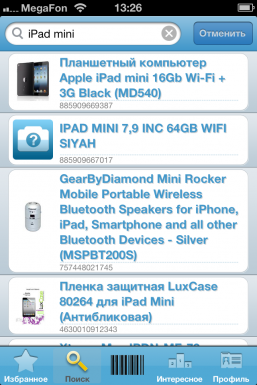
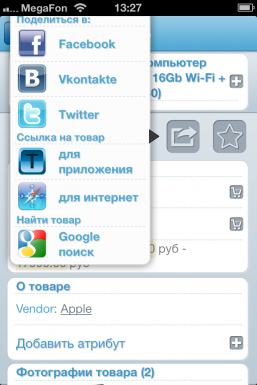
The application also allows you to view the statistical distribution of the popularity of goods among buyers for a week, month and year.
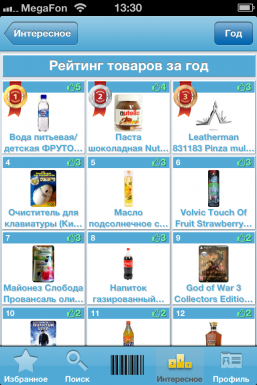
The last in the list, but far from the last important feature is prices. There is no subjectivity here and elementary mathematics comes into play: we see a product with a price X -> scan a barcode -> look at its price in large online stores and compare the average price. Often, some stores sin with just unrealistic margins, and in this case Cowry will help not to get fucked up.
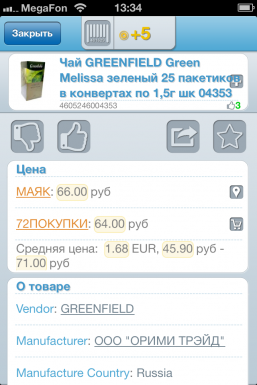
In general, Kauri is seen as a natural assistant to any buyer, helping us out in cases when we are looking for advice from a friend or acquaintance before the next purchase.